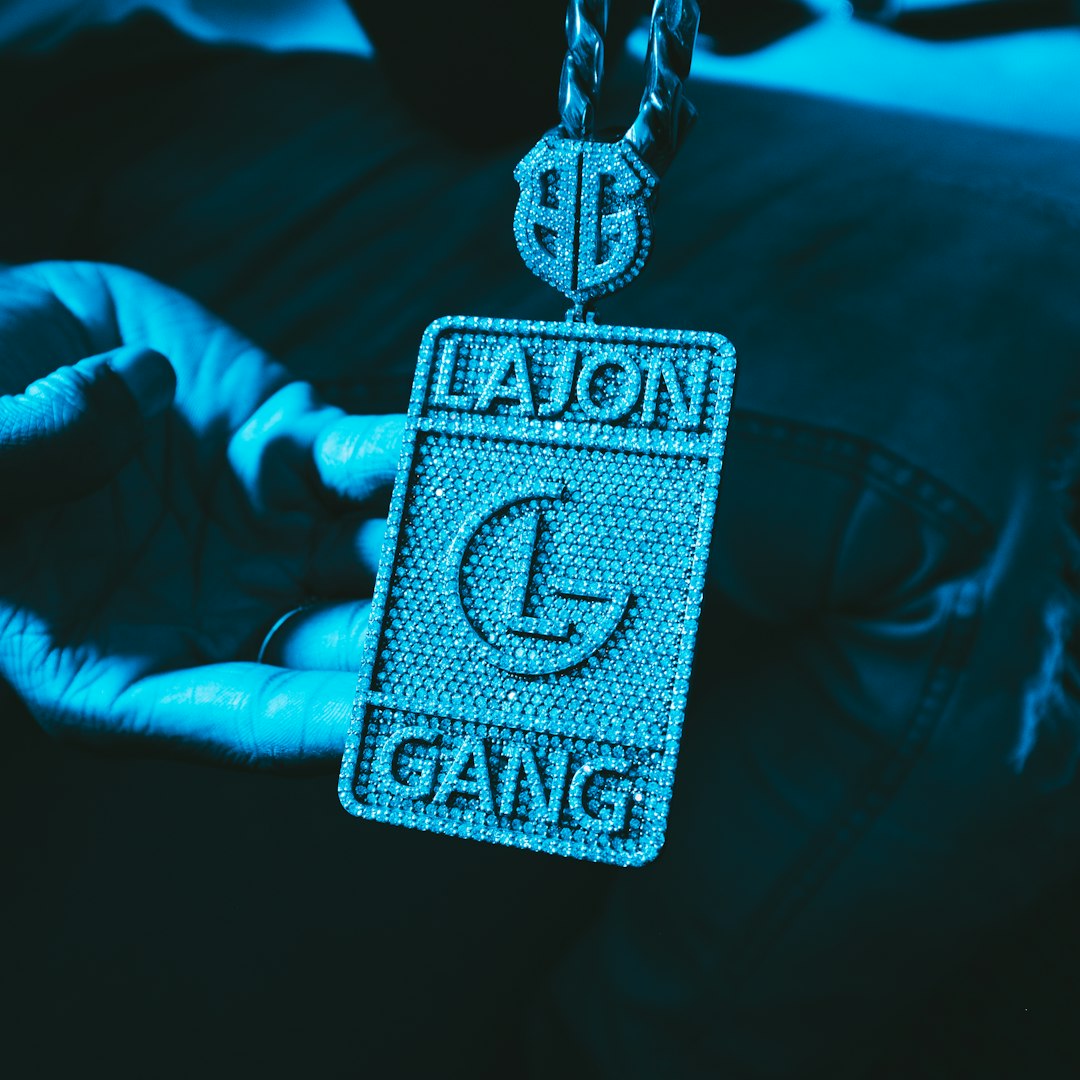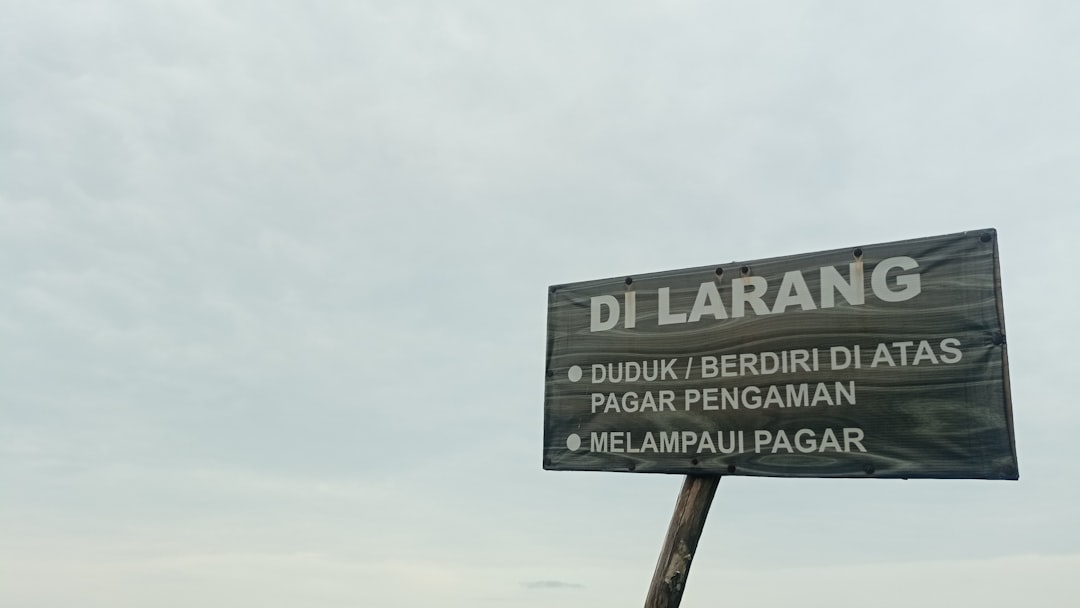In California, reporting daycare abuse requires immediate notification to authorities and specialized sex abuse law firms that offer legal guidance through complex processes. These firms handle intricate medical and psychological aspects of cases, often leading to longer durations but striving for justice and compensation for victims. They leverage deep knowledge of state laws, collaborate with experts, and employ comprehensive strategies to hold perpetrators accountable.
In California, daycare abuse cases involve complex legal processes and can be emotionally taxing for victims. Understanding the timeline is crucial. This article delves into the factors that determine how long these cases take, offering insights from sex abuse law firms specializing in navigating California’s legal landscape. From initial reports to trials, various elements influence duration, including evidence collection, jurisdiction, and victim cooperation. Sex abuse law firms play a pivotal role in ensuring victims’ rights are protected throughout this challenging journey.
Understanding California's Legal Process for Daycare Abuse Cases

In California, the legal process for daycare abuse cases can be complex and lengthy. It involves various steps, from reporting the incident to conducting investigations and potential court proceedings. The state has strict laws in place to protect children and ensure justice for victims of sexual abuse, including those occurring at daycare facilities.
If you suspect or have knowledge of any form of sexual abuse within a California daycare center, it’s crucial to report it immediately to local law enforcement or the California Department of Social Services (CDSS). From there, sex abuse law firms in California with expertise in these cases will guide victims and their families through the legal system. The process may include gathering evidence, interviewing witnesses, and building a strong case to hold the responsible parties accountable under the state’s stringent sex abuse laws.
Key Factors Influencing Case Duration in California Courts

The duration of a daycare abuse case in California can vary greatly, influenced by several key factors. Firstly, the complexity of the case plays a significant role; sex abuse cases often involve intricate medical and psychological evidence, witness testimonies, and extensive documentation, all of which contribute to a longer process. Additionally, the court’s docket and caseload can delay proceedings, with high-profile or emotionally charged cases potentially facing longer waits.
Another crucial factor is the availability and readiness of key parties, including victims and their families, who may need time to prepare and gather evidence. The involvement of sex abuse law firms in California, known for their expertise and relentless pursuit of justice, can also impact duration. These firms often employ specialized strategies and resources that may extend the case, ensuring a thorough investigation and the best possible outcome for the victim.
Role of Sex Abuse Law Firms in Navigating Complex Litigation

Sex abuse law firms in California play a pivotal role in navigating complex litigation involving daycare abuse cases. These specialized legal professionals are equipped to handle intricate matters, ensuring that victims receive justice and adequate compensation for their traumatic experiences. With extensive knowledge of state laws and regulations related to child sexual abuse, they guide clients through every stage of the legal process, from initial investigation to trial.
Their expertise extends to understanding the unique challenges posed by daycare settings, including navigating complex evidence collection, interviewing children, and dealing with potentially conflicting testimonies. Sex abuse law firms in California often collaborate with forensic experts, medical professionals, and child psychologists to build robust cases that stand up in court. This comprehensive approach ensures that justice is served and victims find closure, while holding the perpetrators accountable for their actions.





